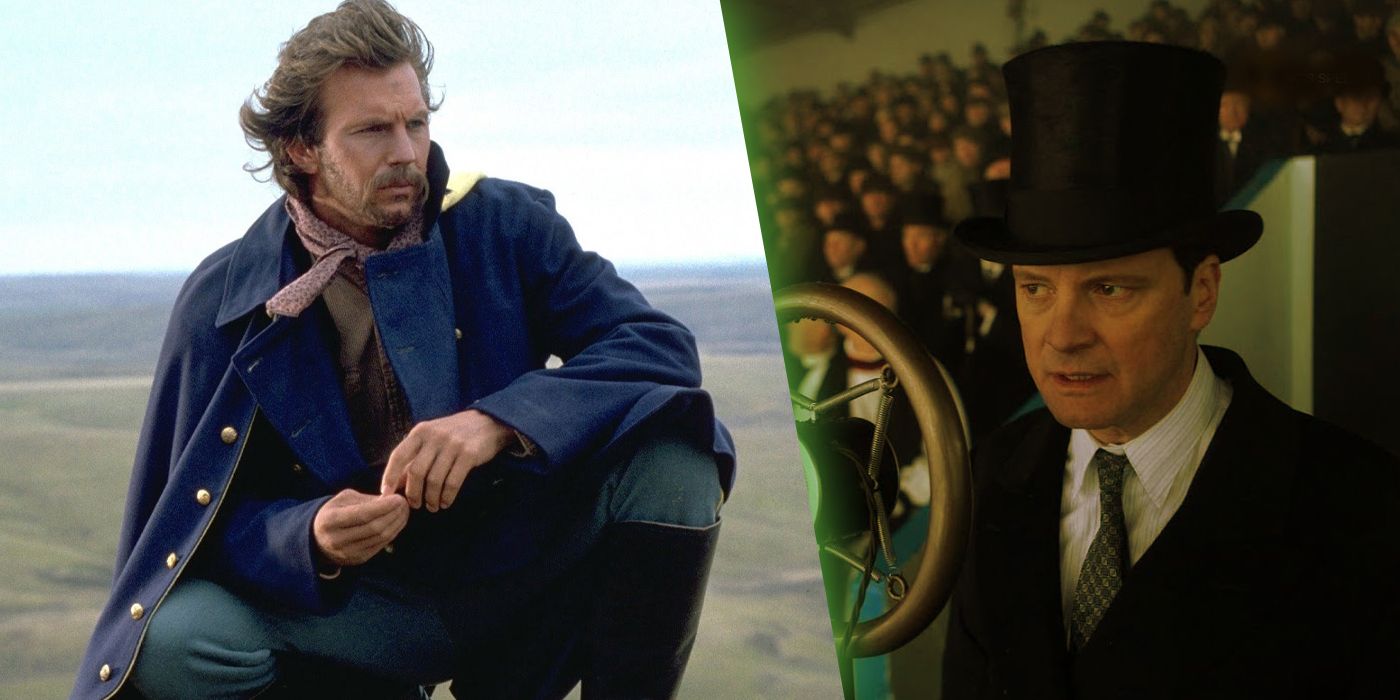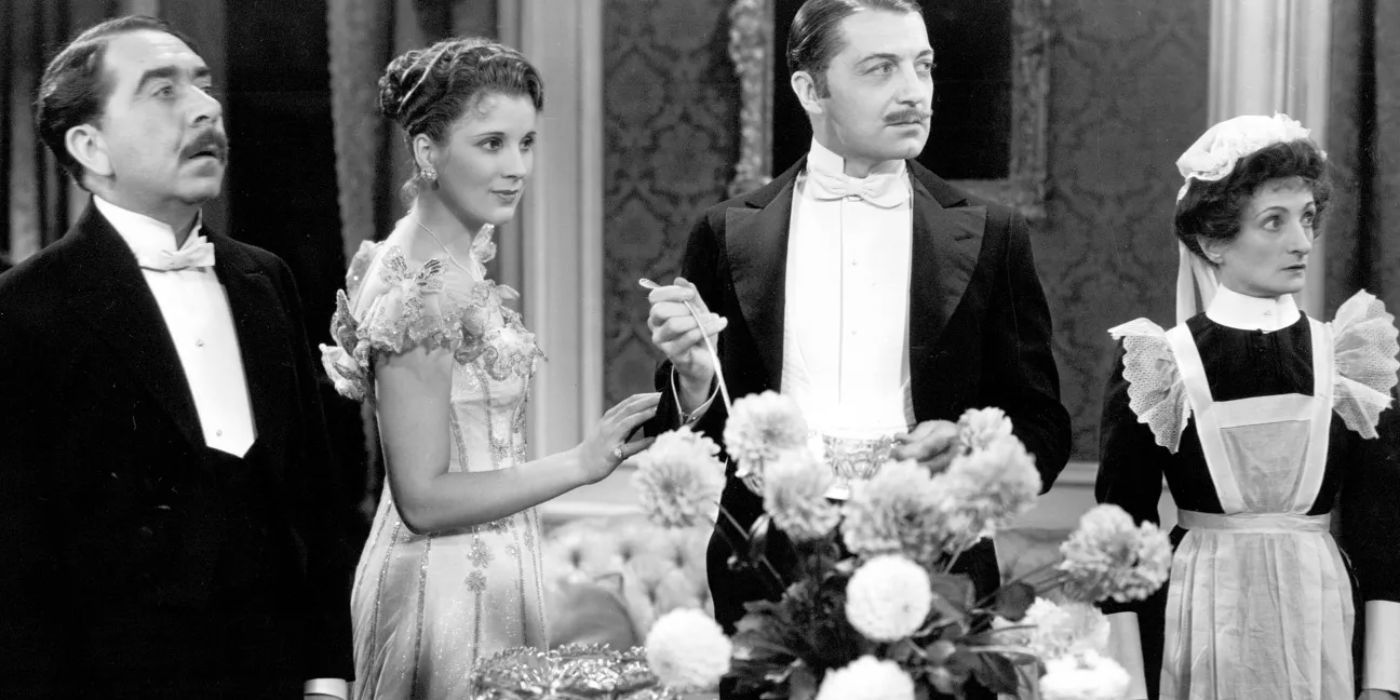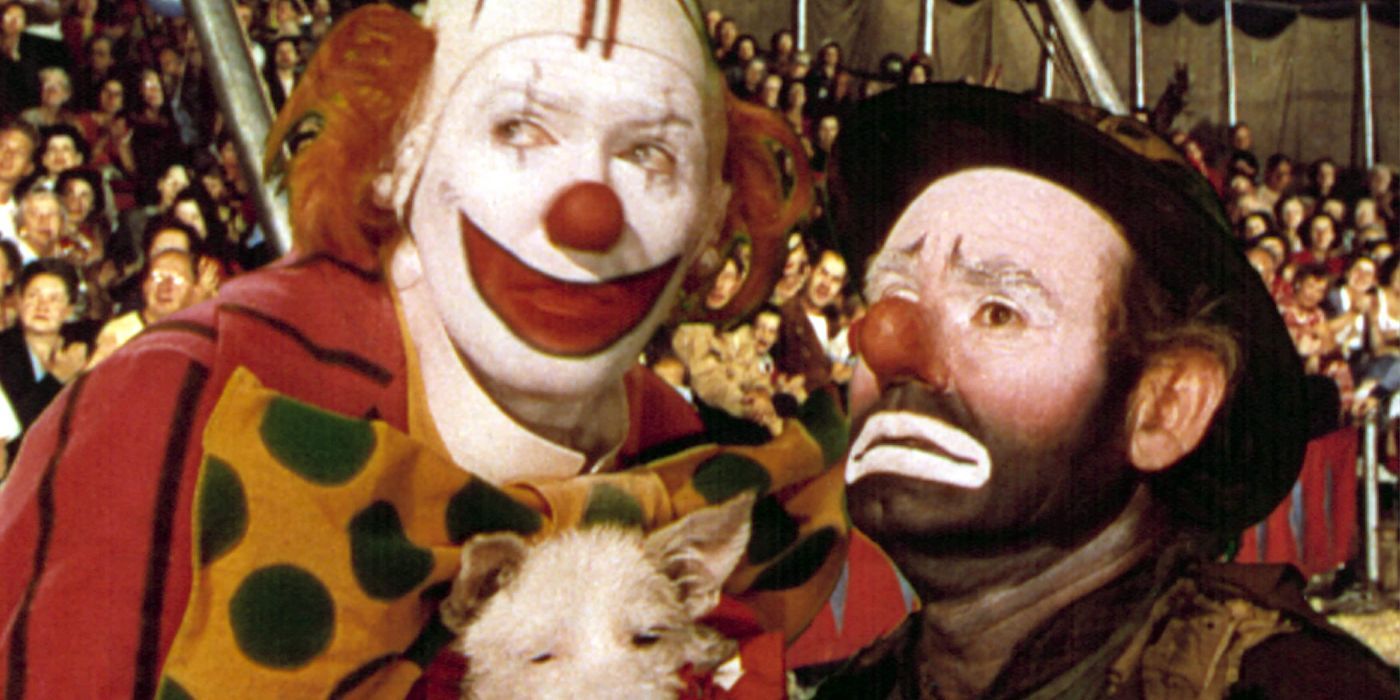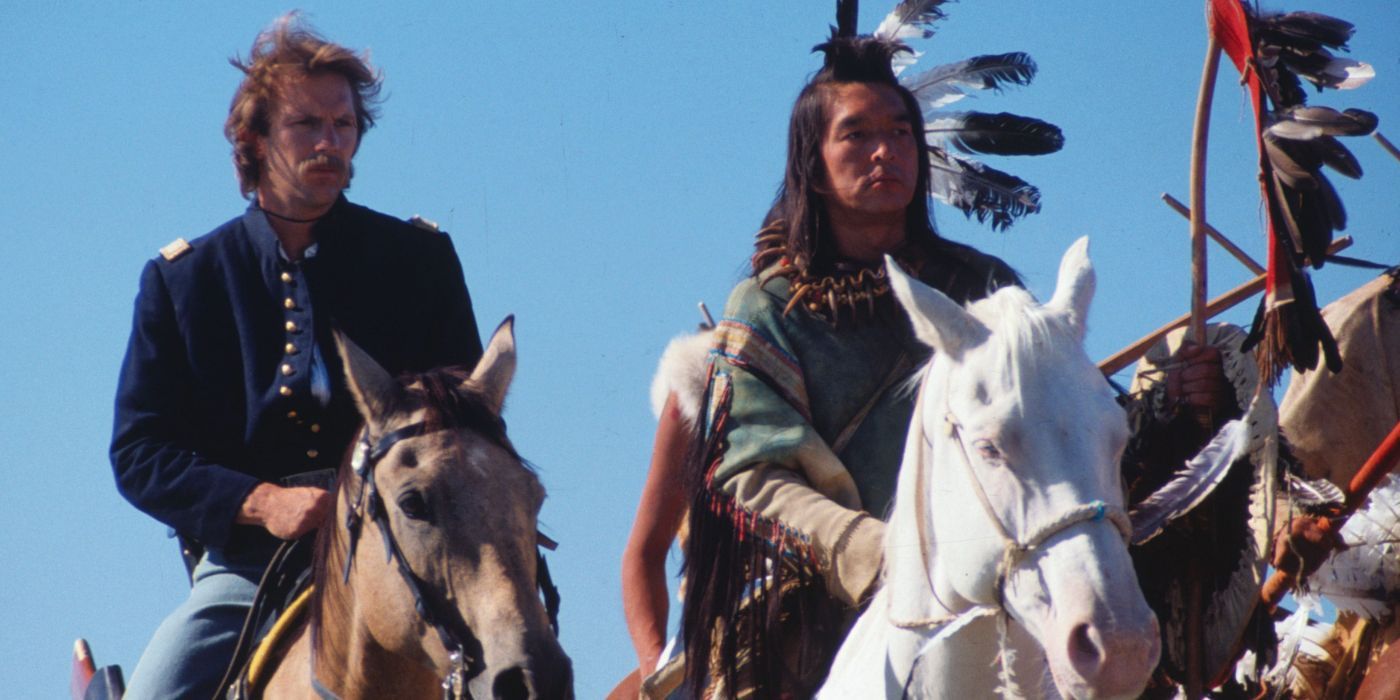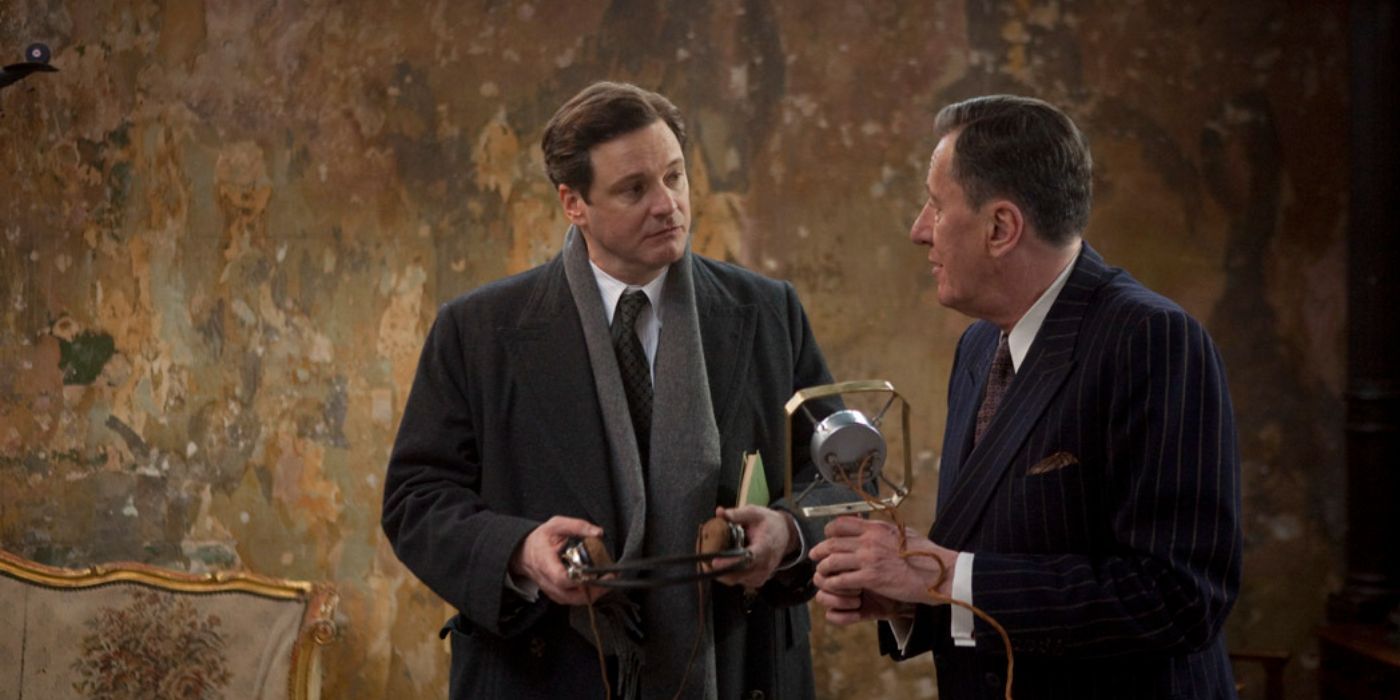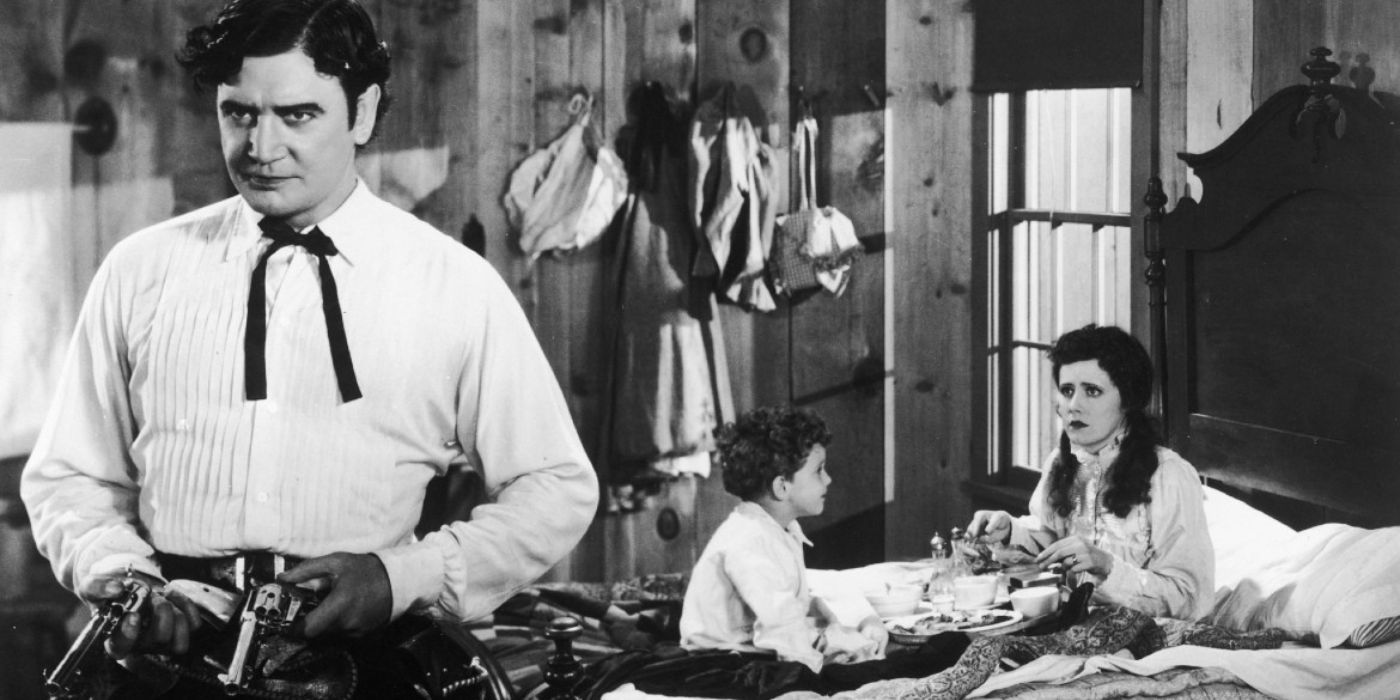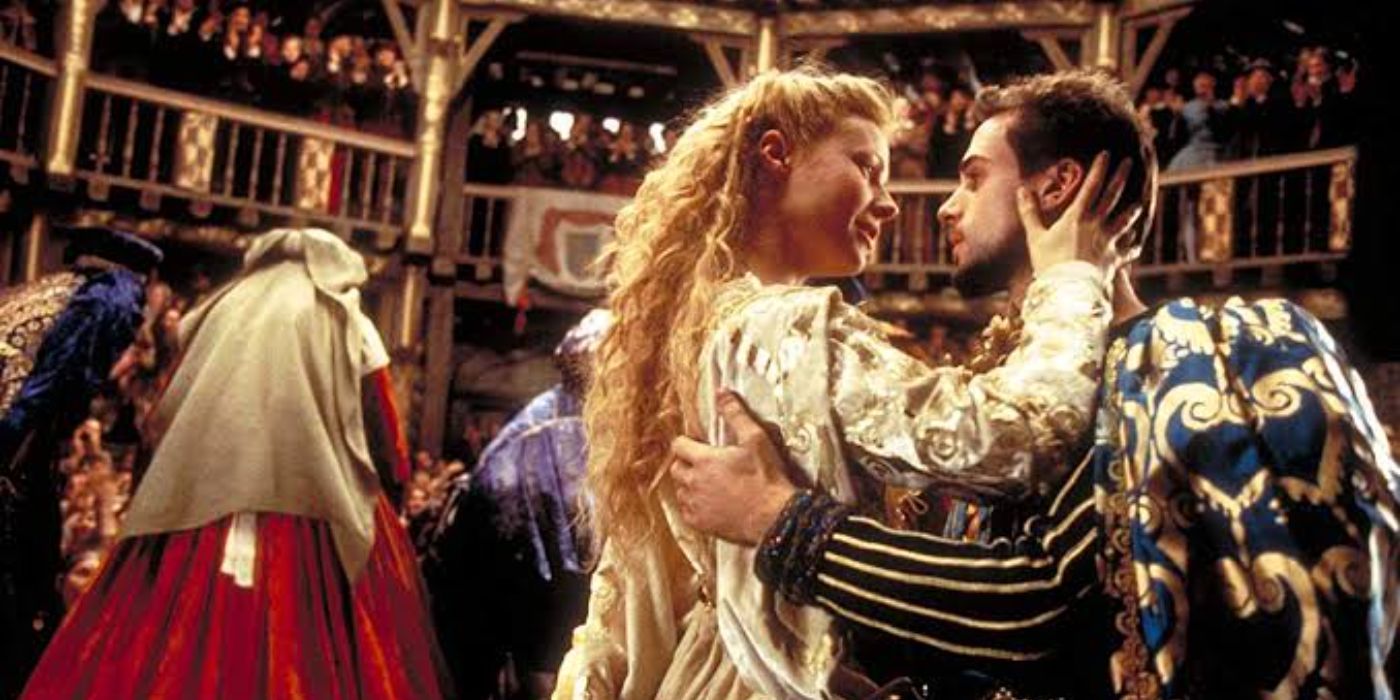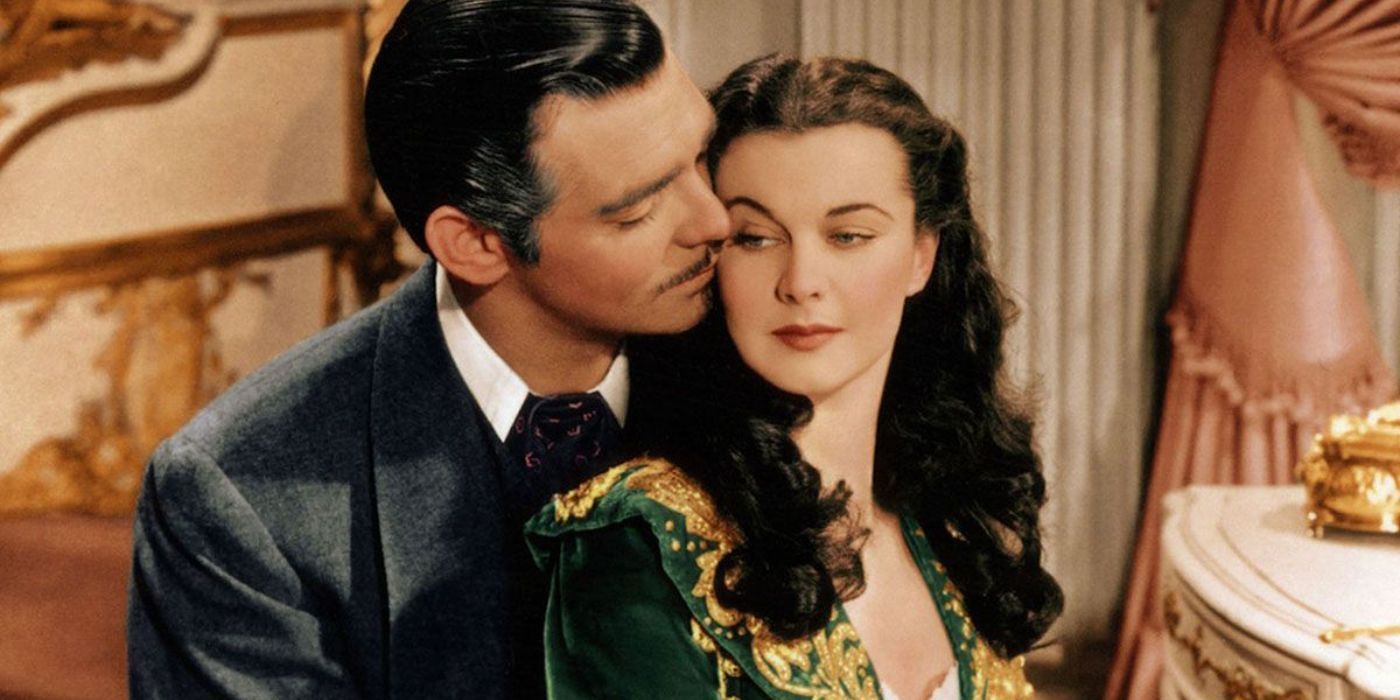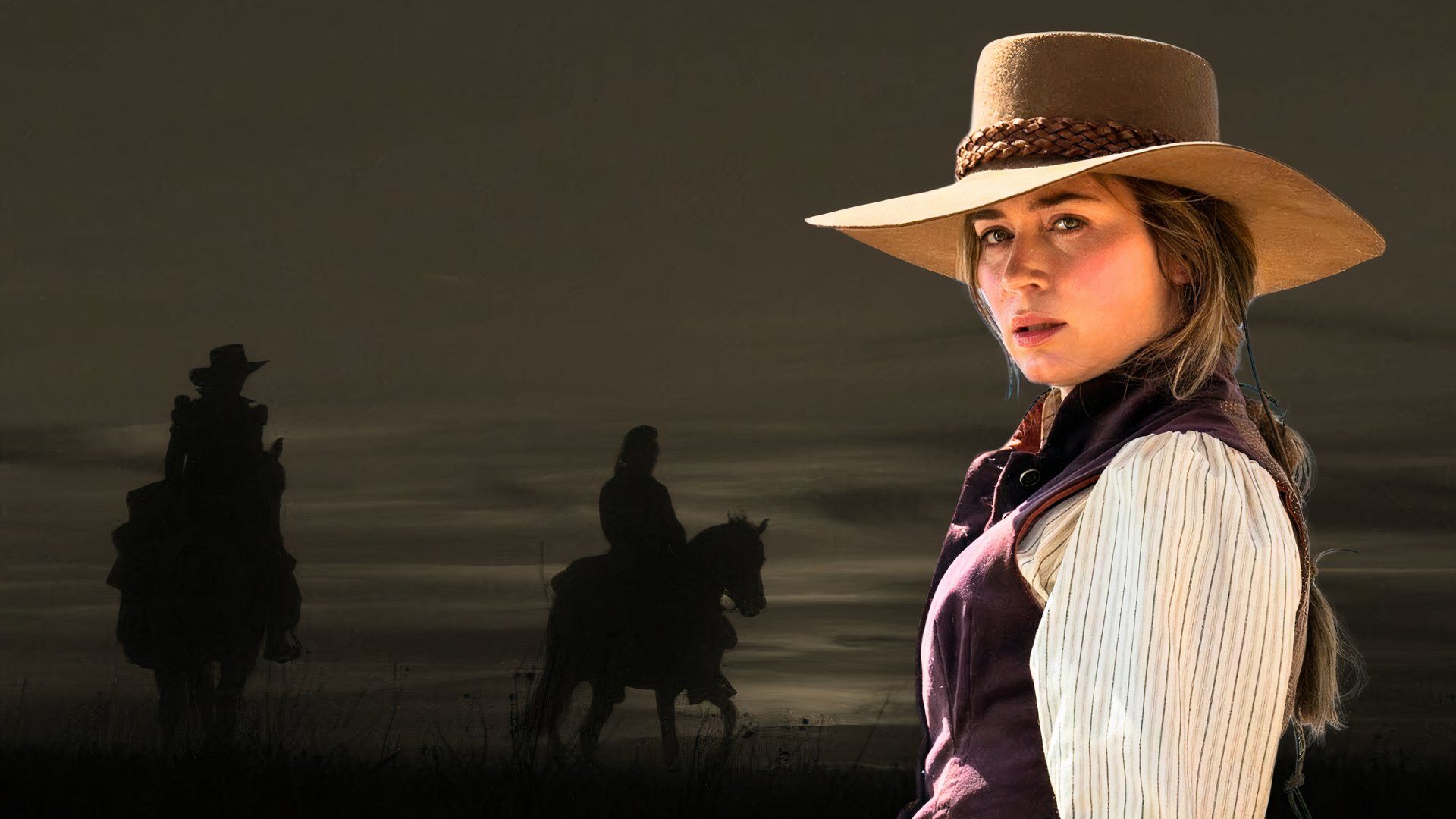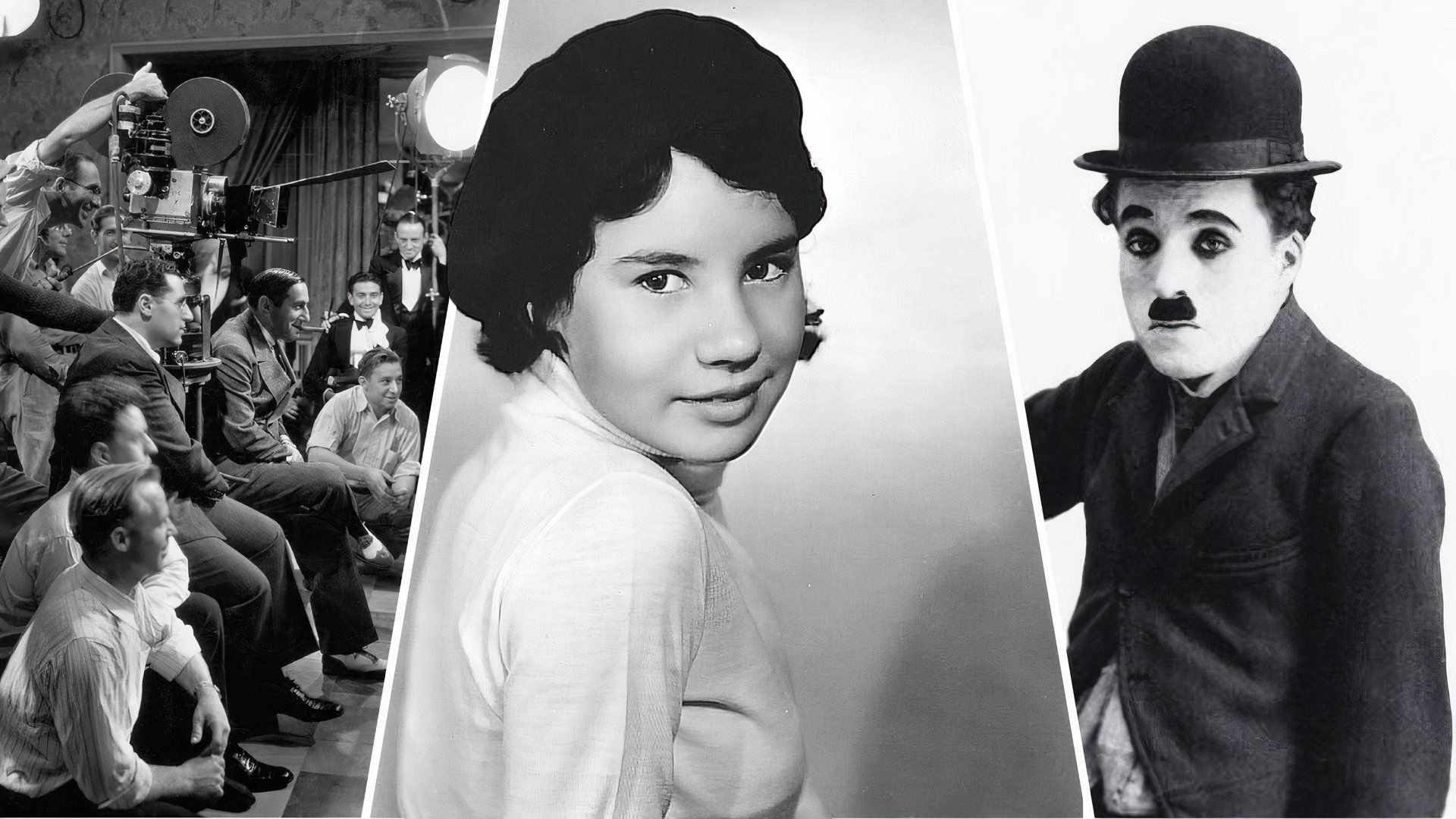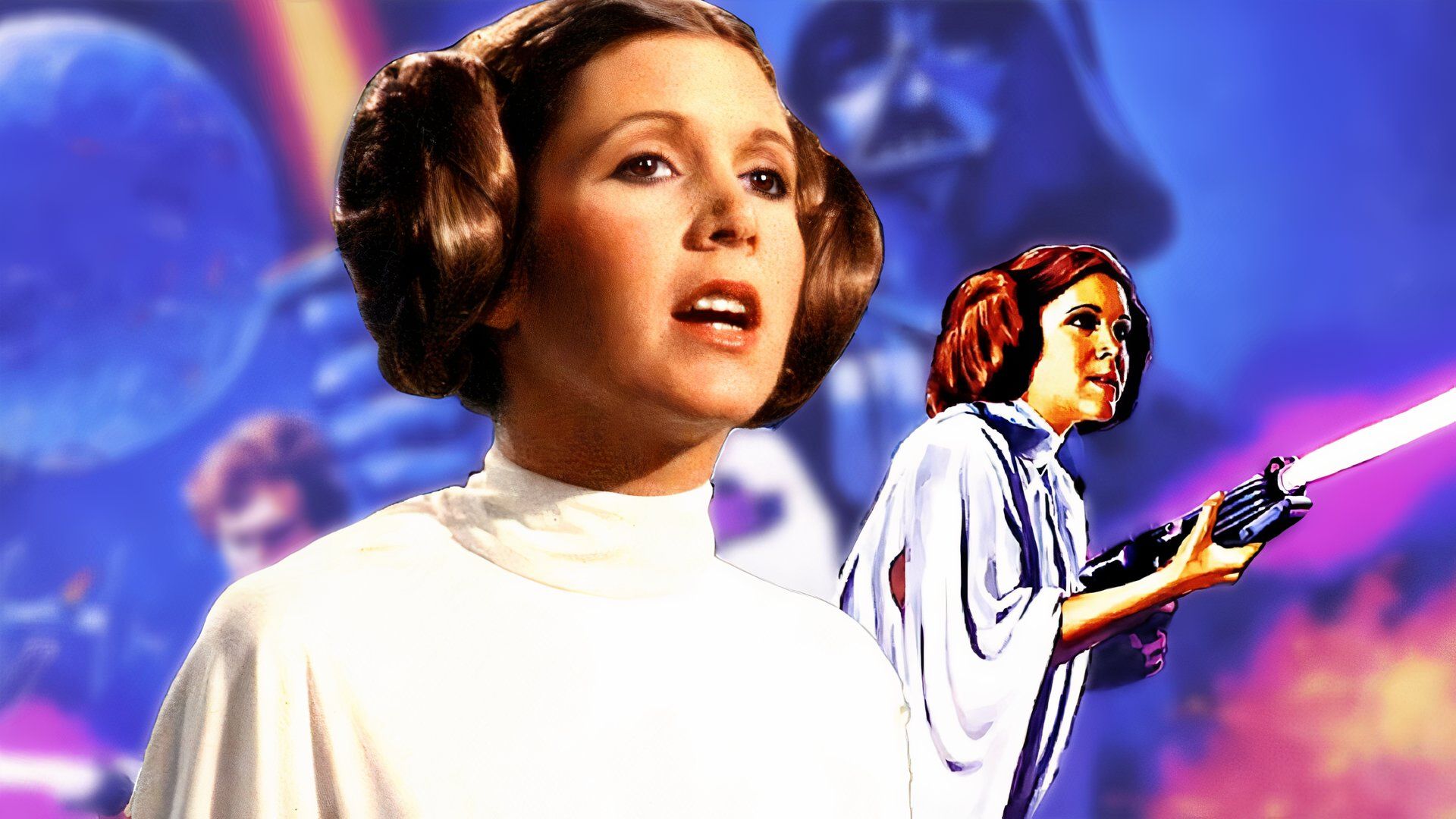Whenever a movie wins the prestigious Best Picture award at the Oscars, it guarantees the film a spot in cinema history, but not every winner has aged well over the years. The Academy Awards ceremony has happened every year since 1929, and a lot has changed ever since. New categories were added, as well as additional spots and campaigning rules, but most importantly, the Academy has grown increasingly inclusive and sensitive to international members and affairs.
In this context, many titles from decades ago aren’t as relevant as they were in the past. As the Academy distances itself from its conservative restrains, plenty of Best Picture winners no longer fit by today’s standards. On the other hand, a few recent winners were pretty much immediately rejected for what they represent. Hopefully, the Academy’s newfound perspective opens the door for exciting winners such as Parasite in 2020, which made history by being the first non-English movie to bring the award home at the Oscars.
Here are 10 Best Picture Oscar-winners that haven’t aged well.
10 The Broadway Melody (1929)
The Broadway Melody certainly deserves its spot in the film industry for the technical achievements it represented at the time, but beyond that, the film is as shallow as any cliché-ridden Hollywood production. For one thing, it’s a musical in its most traditional form, pioneering many of the productions to come in a time when sound still wasn’t broadly used in cinema.
A Technical Achievement, But a Bland Story
Looking back at it from the present, the cinematic conventions it experimented with aren’t enough to compensate for the lifeless story that unfolds onscreen: the uninteresting odyssey of a pair of sisters trying to move from the vaudeville circuit to the glamour of Broadway. Even the sound design itself today feels primitive and clumsy, giving The Broadway Melody more credit for its place in history than for its value as a motion picture. Rent on AppleTV
9 Crash (2004)
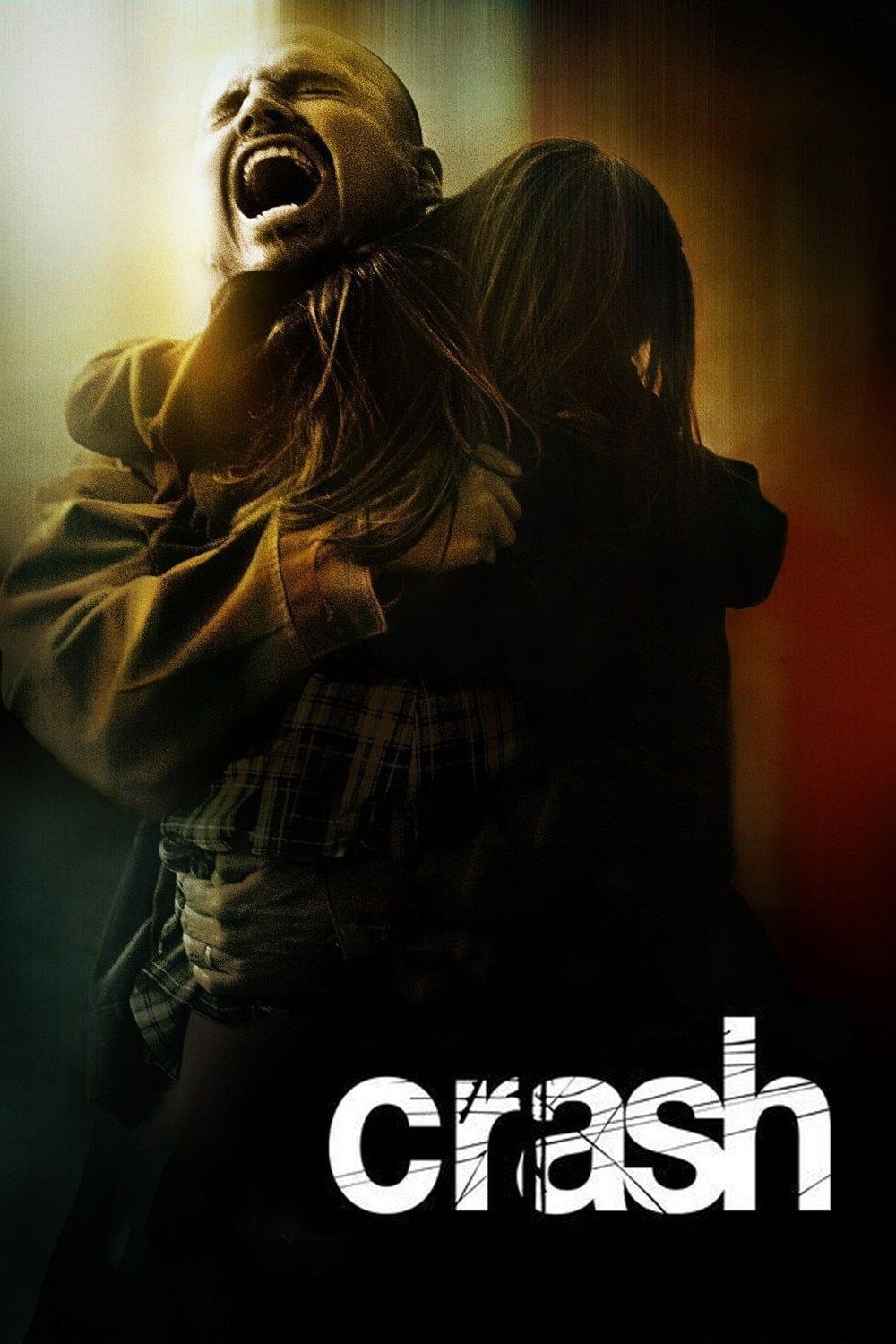
Crash
- Release Date
- May 6, 2005
- Rating
- R
- Runtime
- 107
Few Best Picture winners are regarded with such unanimous negativity as the controversial Crash, thanks to its revolting misinterpretation of how the real world actually works. Its attempts to tackle racial discrimination blatantly ignore the systemic influence of a country structured upon prejudice, treating racism as merely a chaotic force that spiraled out of control overnight.
Brokeback Mountain Should Have Won
What’s even more revolting is the fact that Crash took home the Best Picture Oscar instead of Brokeback Mountain, a beloved queer drama that only gets better as time goes by. To back up the argument that the Crash acclaim was a momentary stupor, The Hollywood Reporter gathered hundreds of Academy members to choose their favorites from the 2006 race once again, and the new result, unsurprisingly, was Ang Lee’s beautiful film. Stream on Paramount+
8 Cavalcade (1933)
Cavalcade is a movie desperately trying to convince the audience of its grandeur by condensing every possible historical conjuncture in its fractured narrative, spanning three decades of wars, tragedies, and political maneuvers. All these extraordinary events that shaped the 20th Century unfold from the perspective of a British family, the Marryots, put in a way where their domestic struggles were supposed to be the perfect mirror to the chaos that fell upon the world.
All Style and No Substance
However, this idea doesn’t even come close to fulfillment. Cavalcade ends as nothing more than a shallow account of Western cynicism, and its deplorable Best Picture win at the Oscars exposes the Academy’s tendency to settle for the safest path.
7 Green Book (2018)
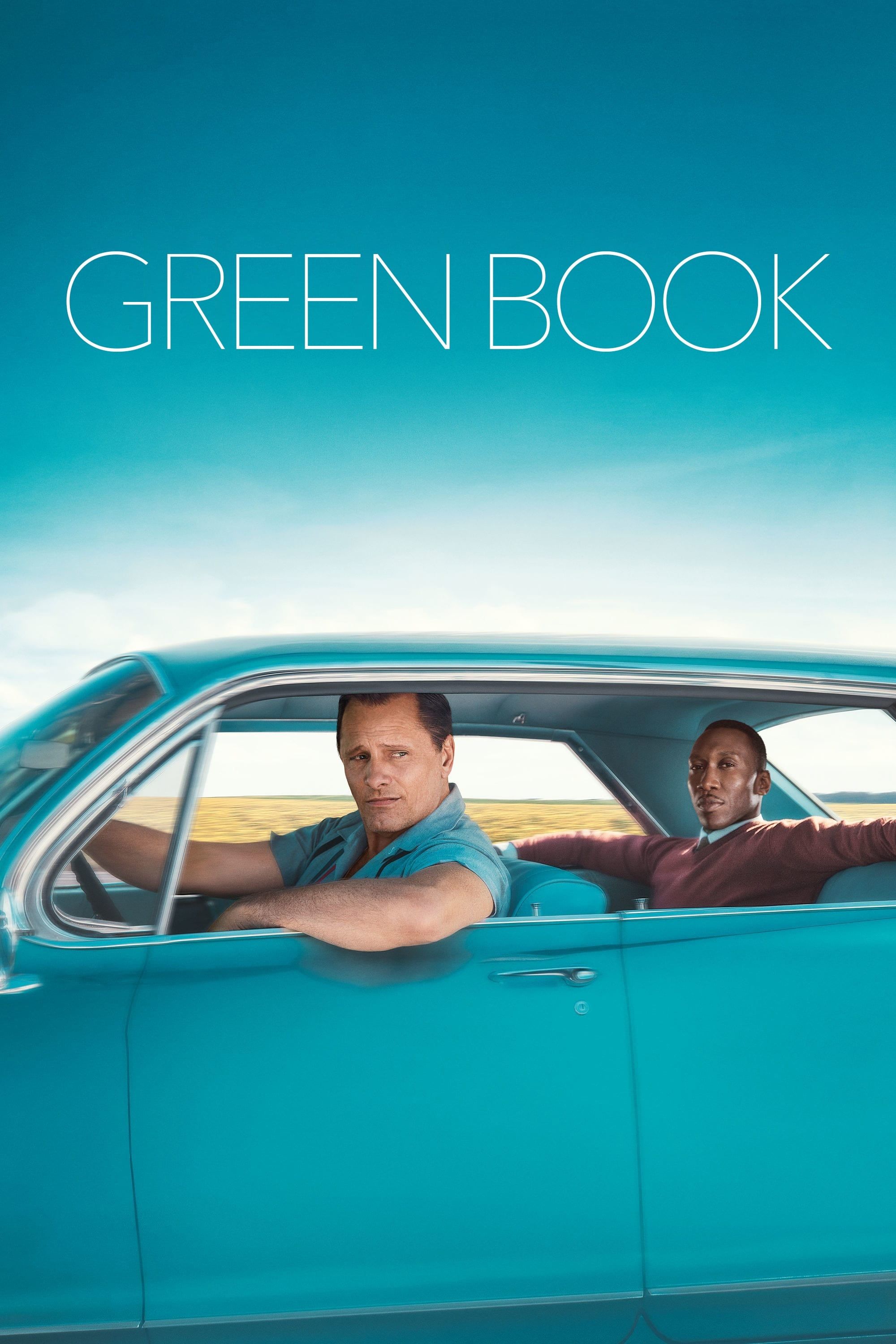
Green Book
- Release Date
- November 16, 2018
- Rating
- PG-13
- Runtime
- 130
There’s an argument to be made that it’s too soon to condemn Green Book‘s Best Picture win because the movie hasn’t really had enough time to age. However, this upsetting outcome actually proves the Academy doesn’t learn from its past mistakes, pretty much repeating the same deed from 1990, when the inconvenient Driving Mrs. Daisy ended up winning the award instead of Spike Lee’s unanimously acclaimed and still-relevant Do the Right Thing. Nearly 30 years later, the Academy chose Green Book over Lee’s brilliant real-life story BlacKkKlansman.
The White Savior Trope Wins Again
But what’s the problem with Green Book, after all? It was made by a competent team and delivers flawless performances. However, it blatantly shows that the film industry still hasn’t moved on from the cheap, pathetic white savior trope in movies. And once again, in Oscar history, a movie of this nature performs better than an actual story about racial discrimination made by one of the most respected Black artists of his generation. Rent on AppleTV
6 The Greatest Show on Earth (1952)
On paper, The Greatest Show on Earth was supposed to be a spectacle of a movie; a circus tale of massive proportions encompassing the head of the show, his talented company, and the entranced audience altogether. As typical of most Hollywood movies of the time, however, the promising film ultimately comes down to the same old men-chasing-after-women story, where the woman at the center is nothing but a narrative device.
Almost Three Hours Too Long
The whole circus setup starts off quite interesting, but for a movie that goes for 2.5 hours, the magic gradually wears out, to the point the viewer can almost hear the underwhelming applause from a fictional crowd at the end of such a slog of a show. Rent on AppleTV
5 Dances with Wolves (1990)
Dances with Wolves‘ Best Picture Oscar win is another that seems absurd when one takes into account the other clearly superior contender that the Academy chose to snub: Martin Scorsese’s legendary Goodfellas. On the one hand, you have a pointless Civil War story that tries too hard to recreate the Golden Age of Western. On the other hand, there’s Scorsese’s magnum opus — an all-encompassing look into mafia dynamics through a real-life story that shocked the country.
The Least Memorable Film in Its Category
Following the assumption that the merit of one film doesn’t define the merit of another, Dances with Wolves still lacks the originality and courage that Kevin Costner seems to be convinced to be offering with his debut feature. Decades later, every single Best Picture nominee in the 1991 Oscar race is more memorable and has aged better, from Ghost to the criminally underrated The Godfather, Part III. Stream on Prime Video
4 The King’s Speech (2010)
Sympathy for the Crown is such an archaic idea that it’s actually surprising that The King’s Speech met such a warm reception. At least in the current scenario, every bit of commiseration seems to have gone along with Queen Elizabeth II’s death, but since there’s still too much controversy around the British monarchy, it’s best to judge Tom Hooper’s underwhelming Best Picture winner only for its non-existent legacy.
Too Oscar Bait-y
The King’s Speech feels like a movie created with the sole purpose of winning an Oscar just to fall into oblivion immediately after. It recounts the crucial moment in which King George VI had to face the responsibility that fell upon him and embrace the crown, following his struggles to overcome a stammer.
Hoping for a moving, character-driven account of an important historical figure, what viewers actually get is one of the dullest-looking movies of the decade — an uninspiring piece of filmmaking that repels those who wish to think outside the box, settling for storytelling choices that come close to a Wikipedia article. Stream on Max
3 Cimarron (1931)
Cimarron is the product of a time when it was fine to fill a story with offensive stereotypes, and the movie fully embraces this “privilege.” Portraying white Protestants as the superior race and disregarding everyone else as lesser people, from Jews to Indigenous peoples, the movie also blatantly worships the restrictions of a patriarchal society by leaving women in the background as vulnerable prey waiting for a savior.
A Movie That Could Not Be Made Today
There’s no mystery around why the movie is considered one of the most forgettable Best Picture winners, standing as one of the pioneering films of the Western era, while implementing many of the harmful cliches that antagonized Indigenous folks in the genre. Rent on AppleTV
2 Shakespeare in Love (1998)
Shakespeare in Love is such a safe and humdrum movie that winning so many Oscars was actually harmful to the movie. In a world where the film was received with the tamed excitement it deserved, it would’ve probably aged as a consistent love epic. It tells the fictional story of a romance between Shakespeare and Viola de Lesseps, bringing many historical figures to life with little to no interest in being honest with history.
A Love Epic Marred by Harvey Weinstein’s Predator Behavior
As if that wasn’t enough, Shakespeare in Love‘s producer Harvey Weinstein was exposed as a ruthless sexual predator (as portrayed recently in She Said), giving rise to a huge Hollywood scandal and shattering the film’s image even further. Weinstein was known for lobbying like no one else while campaigning for his movies, putting the Academy in the palm of his hands, and shamelessly ensuring visibility in the top Oscar categories every year. Stream on Max or Paramount+
1 Gone with the Wind (1939)
The classic Gone with the Wind pretty much encompasses everything wrong with most Best Picture winners that aged poorly throughout the years: they stand merely as products of their time — that is, a time when prejudice ruled and inclusion was forbidden. The film is as groundbreaking as it is divisive, delivering breathtaking imagery and breaking box office records of that time, while offering a one-dimensional perspective on the Civil War that romanticizes the tragedy that divided the United States.
A Piece of Propagandist Cinema
Gone with the Wind verges on anachronism, giving a wrong perception of the barbaric state in which the country found itself in. Complaints about the movie’s blatant pro-Confederacy revisionist propaganda are constantly the target of a controversial debate, but the fact that the movie is continuously brought up by the wrong people proves that it doesn’t belong in the time we live in now. Stream on Max
